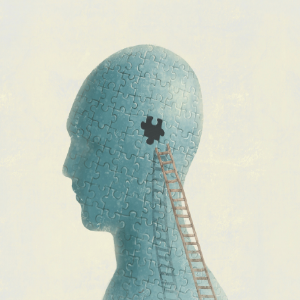
Dialectical Behavior Therapy
Dialectical Behavior Therapy (DBT) is an evidence-based therapy that is designed to help individuals who struggle with emotional regulation, impulsivity, and self-destructive behaviors. This therapy is particularly effective for individuals who have been diagnosed with Borderline Personality Disorder (BPD) but has also been found to be helpful for those with other mental health conditions such as depression, anxiety, and post-traumatic stress disorder.
In 2020 I partnered with other local DBT-trained psychologists to form LA DBT Collective. At the Collective we support one another in providing DBT to teens and adults within a private practice setting. Our team of highly trained and experienced psychologists are extensively trained in DBT and are committed to providing the highest quality of evidence-based care. We understand that every person is unique, and we tailor our treatment to meet the specific needs of each individual.
DBT is a comprehensive and holistic approach that focuses on four key areas: mindfulness, distress tolerance, emotion regulation, and interpersonal effectiveness. Through DBT, individuals learn to identify and change negative patterns of thinking and behavior, improve relationships, and increase their overall emotional well-being.
In addition to individual therapy, the Collective also offers DBT skills groups, which provide additional support and guidance in learning and practicing the skills taught in individual therapy. These skills groups provide an opportunity for individuals to connect with others who are also working to improve their emotional regulation and interpersonal skills. I understand that asking for help can be difficult, and am here to support you every step of the way. If you or a loved one is struggling with emotional regulation, impulsivity, or self-destructive behaviors, please contact me to schedule an initial consultation. Together, we can work towards a rewarding and more skillful future.
What’s DBT?
DBT is a comprehensive and holistic approach that focuses on four key areas: mindfulness, distress tolerance, emotion regulation, and interpersonal effectiveness. Through DBT, individuals learn to identify and change negative patterns of thinking and behavior, improve relationships, and increase their overall emotional well-being.
Ready to feel better?
READ The BloG
Dr. Kerwin is an Dialectical Behavior Therapy Specialist in California
Dr. Kerwin provides Dialectical Behavior Therapy virtually throughout California. Concierge sessions are also available on request.











